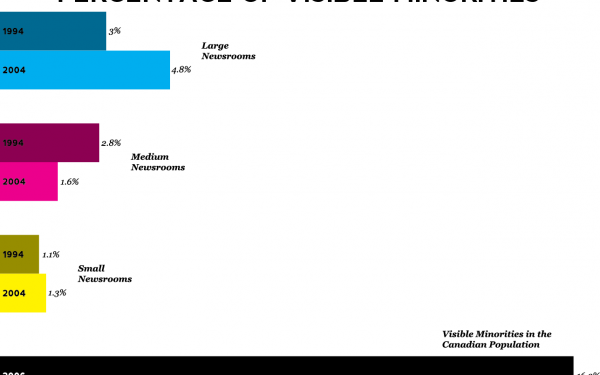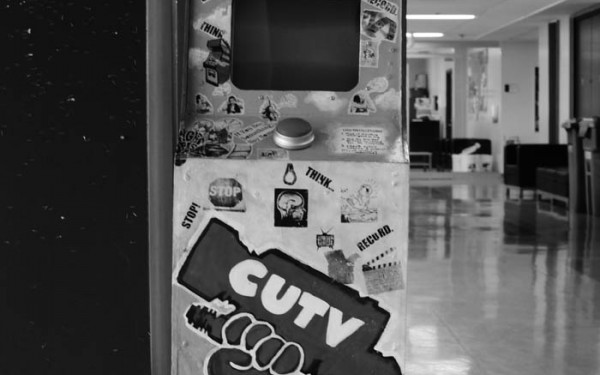This Headline Guarantees 10 Simple Ways to Completely Change Your Life (No Promises)
The race for your eyeballs is heating up, and it’s a real headline issue.
Upworthy—whose smugness, for full disclosure, makes me nauseous every time their posts show up in my feed—epitomizes this. The hyperbole abounds: words like “life-changing” and “revolutionary” get used often, and for old news. It becomes hard to take those words seriously when a site constantly cries wolf.
It’s an attempt to cheat the system for that oh-so-precious virality. Because for many, the goal is to simply get you on their site. There’s so little money in online advertising (although this may soon change) that bulk visits are the only real means to get cash flowing in.
If you make the click an instinctual reaction to the hype, it doesn’t really matter what’s waiting for you on the other side.
But it’s a short-lived gold rush, and exaggerating your news can only last so long until these buzzwords become part of the noise too. And more people are feeling duped by this strategy—in the past few days alone my Facebook feed’s been filling up with jokes similar to this post’s headline.
There are some new media outlets that are giving the headline a much-needed facelift, however.
Other online-only news sources, like Slate and Quartz, have headlines that read like ledes, pushing you into the story before you start it. A headline posted today on Quartz reads “How JP Morgan’s record settlement could hurt struggling homeowners in Detroit”—a clean introduction that makes you want to read the piece while not giving away the whole story.
There’s nothing sensational about the headline either. It just draws you into a short web story breaking down the effects of a settlement from the U.S. sub-prime mortgage crisis.
All this makes the old, generally low-on-preposition headline seem pretty stuffy.
Traditional headlines look nothing like sentences, but new media takes the opposite approach. An op-ed posted today on Slate has the headline “The Telecom Industry Should Be Embarrassed by Its Silence on Surveillance.”
It’s direct and simple, and as long as it’s under 140 characters, it can be a little longer than the old style.
See how many headlines begin with the word “This” in your social media feed to clearly see this headline dichotomy. You’d never see that word beginning a headline in the dead-tree business, but it embodies the kind of immediacy that the old guard just might need to keep our attention.







